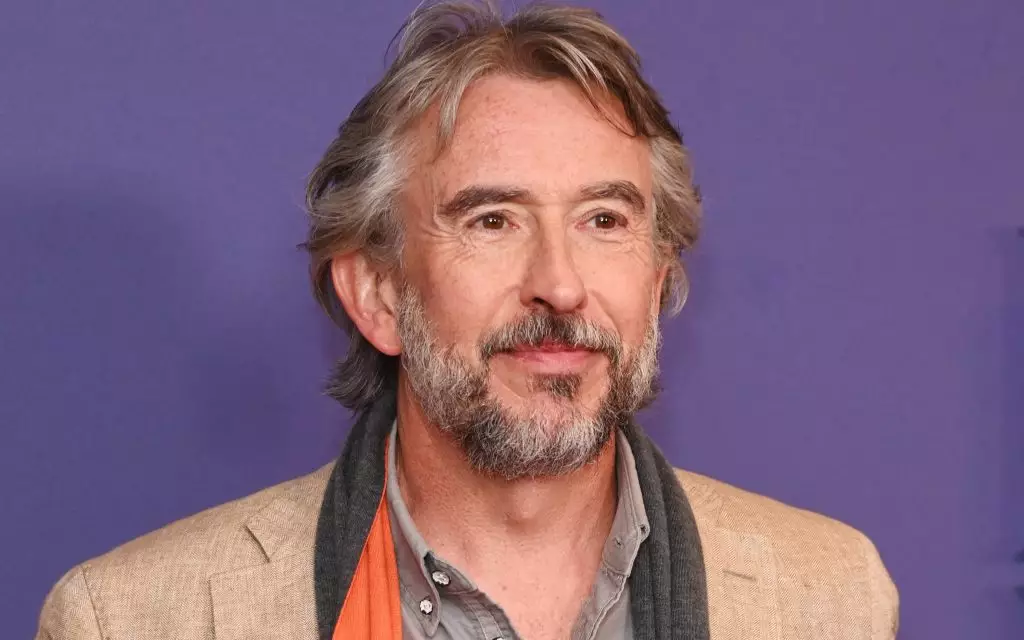The intersection of climate change and the film industry is becoming increasingly prominent, not just as a moral obligation but as a lucrative storytelling avenue. This is particularly evident in the latest endeavor from Climate Spring, a production organization dedicated to fostering narratives that tackle climate issues creatively. Their upcoming project, “The Good Life,” led by Steve Coogan, emerges as a compelling exploration of personal and professional redemption against the backdrop of environmental responsibility.
At the heart of “The Good Life” is a London PR expert, portrayed by Coogan, who specializes in enhancing the images of some of the world’s most notorious polluters. As the story unfolds, tragedy strikes when the protagonist learns he has only months to live. This existential crisis propels him on a journey to mend his strained relationships—most notably with his estranged daughter, an eco-activist. This narrative not only invites viewers to contemplate the moral ambiguities of greenwashing but also dives deep into the complexities of family and personal transformation. Coogan’s involvement as a writer and lead actor in this film suggests a layered and multifaceted approach to storytelling that resonates on both emotional and ethical levels.
Beyond “The Good Life,” Climate Spring is diversifying its offerings with several other projects that tackle a range of narrative themes. “The American Can,” which chronicles true events post-Hurricane Katrina, speaks to the resilience of communities faced with natural disasters. Another significant entry, “Wolf Border,” is an adaptation of Sarah Hall’s acclaimed novel that debates the reintroduction of wolves in Britain, drawing attention to conservation issues. Meanwhile, “The Many Lives of James Lovelock” aims to honor the groundbreaking scientist behind Gaia theory, showcasing historical narratives around environmental science and activism.
Highlighting the creative breadth of its portfolio, Climate Spring also includes “Little Red Hen,” a horror film rich in allegory, posing fundamental questions about collective futures and individual choices. This variety indicates a commitment to not just addressing climate change through documentary or direct discourse, but embracing genres like horror and biopic to ignite discussion.
Climate Spring’s Expanding Horizons
As the organization broadens its scope, it is also increasing its focus on television projects. Collaborating with independent producers, Climate Spring is developing shows that intersect entertainment with environmental themes, including the recently consulted ITV series “After the Flood.” The wide range of genres from crime drama to romantic comedy within the TV slate reflects a growing understanding that climate narratives can seamlessly intertwine with varied storytelling techniques.
Lucy Stone, the founder of Climate Spring, encapsulates this vision by asserting the necessity of innovative storytelling that may not overtly mention climate change but nonetheless addresses its core issues through engaging narratives. This approach is vital in expanding the audience reach and fostering deeper conversations around one of the most pressing issues of our time.
With the film industry responding to the call for climate awareness, projects such as “The Good Life” are paving the way for stories that not only entertain but also challenge viewers to think critically about their relationship with the environment. Climate Spring’s multifaceted slate proves that when narratives are crafted with care, they have the potential to instigate change, provoke thought, and encourage a collective reimagining of a sustainable future. As creators embrace this challenge, the future of climate-centric cinema looks promising, ripe with creative potential and global significance.

Leave a Reply